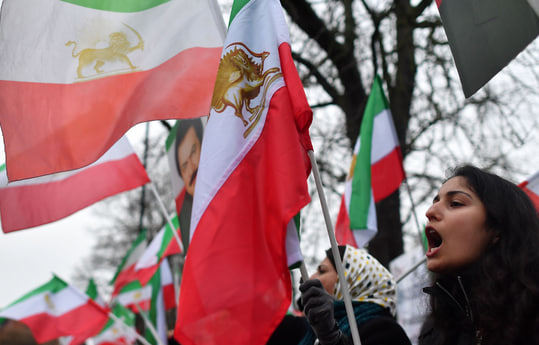Challenge of change: On the realities in Iran and the need for reforms
Iran must opt for reforms and freedoms, especially for its women
The remark by Iran Supreme Leader Ayatollah Ali Khamenei that poisoning schoolgirls is an “ unforgivable crime” is a de-facto confirmation of reports that thousands of girls across the Islamic Republic have been subject-to poison attacks over the last few months. The first such incident was reported in November in the holy city of Qom, amidst women’s protests that were triggered by the death of Iranian Kurdish woman Mahsa Amini while in the custody of the infamous morality police. Since then, thousands of girls in at least 25 of Iran’s 31 provinces were reportedly affected by poison attacks. Initially there were two theories, with the first suggesting that it could be an act by religious extremists opposed to girls attending schools and the second, that psychological factors could be the reason, at least in some cases. Mr. Khamenei’s comment suggests that the authorities are seriously considering the possibility of chemical poisoning. The reports have created panic, triggering protests in many parts of the country, probably prompting the Supreme Leader to make the statement. Mr. Khamenei said on Monday that the regime would not spare whoever was responsible But on the same day, reports emerged of the arrest of the Qom journalist, Ali Pourtabatabaei, who reported on the poisoning.
Iran, unlike Afghanistan under the Taliban, does not have a history of preventing girls from attending schools. After the Islamic revolution of 1979, the regime imposed restrictions on women, but encouraged their education and joining the workforce. According to the World Bank, female literacy rose from 26% in 1976 to 85% in 2021. For more than a decade , women have consistently outnumbered men in Iran’s universities. Given this history, it is surprising that schoolgirls are being targeted, something which did not happen even at the peak of the revolution . Therefore, such incidents should jolt the authorities into action . It may not be a coincidence that the targeting of schoolgirls occurs at a time when thousands of women, including schoolgirls, have been demanding more freedoms. The regime’s response has been brutal . But the Mullahs should realise that if the economic and social crises persist , they would further weaken a regime that is already seeing waves of protests. In a growing chasm between the country’s youth and its ageing revolutionaries , incidents such as the poison attacks would only worsen the situation. The regime should bring those responsible to justice. But the bigger problem is the lack of reforms within Iran’s system and the widening cracks between the state and society. The wave of protests is as much a challenge to the regime as it is an opportunity to drive political reforms. The Mullahs should embrace the-latter to address the-former .
